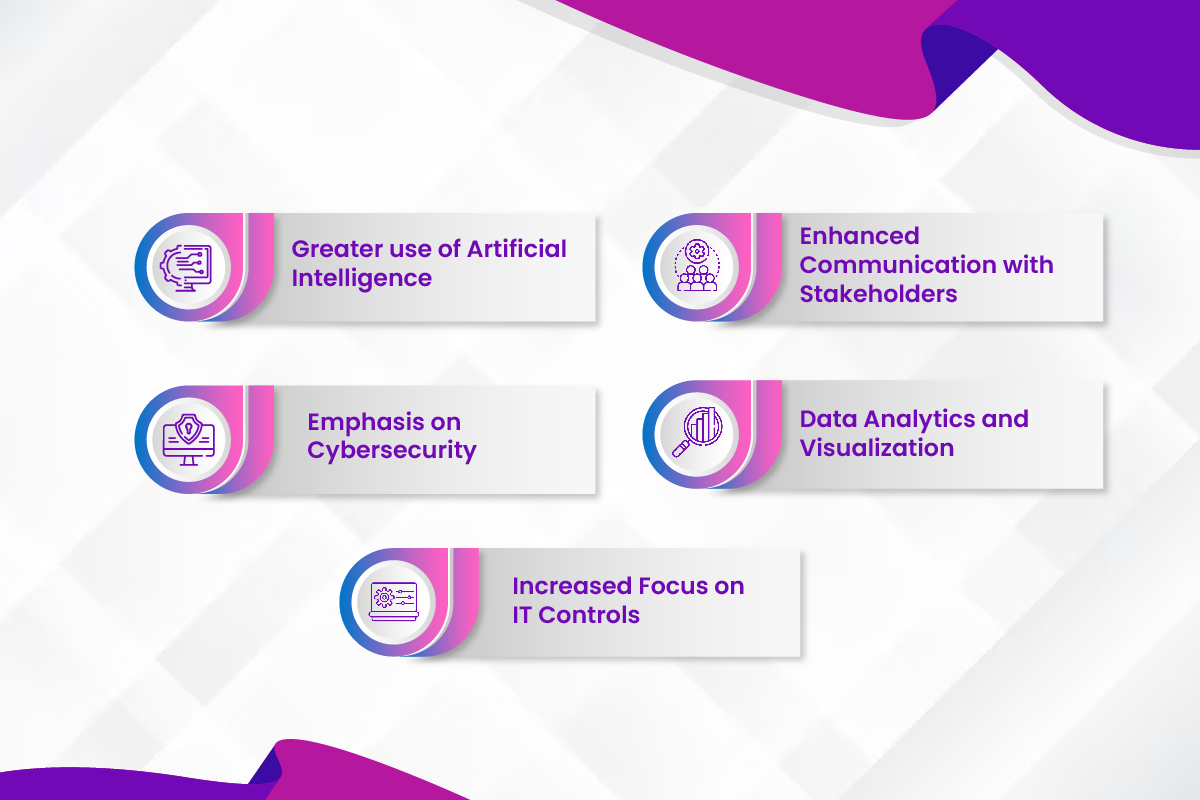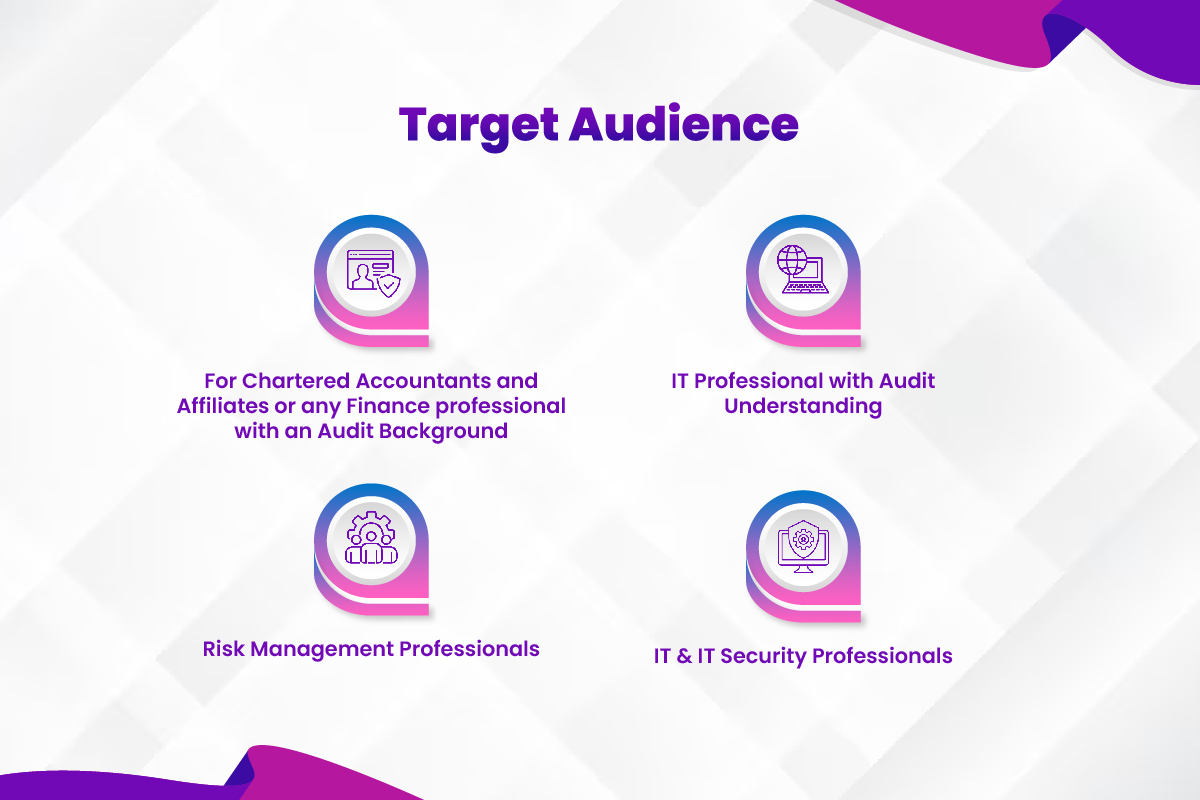Changing Role of Auditors in the Technological Era:
The role of auditors has been changing rapidly in the era of technology. Technological advancements have made it possible for businesses to automate many of their processes, which has led to increased efficiency and accuracy in financial reporting. However, it has also created new risks and challenges that auditor must address. To address such risks and challenges auditors need to upskill themselves in the following areas:
In summary, technology has had a significant impact on the role of auditors. Auditors must now have a solid understanding of IT systems, cybersecurity risks, and data analytics to perform their duties effectively in today's digital age.

